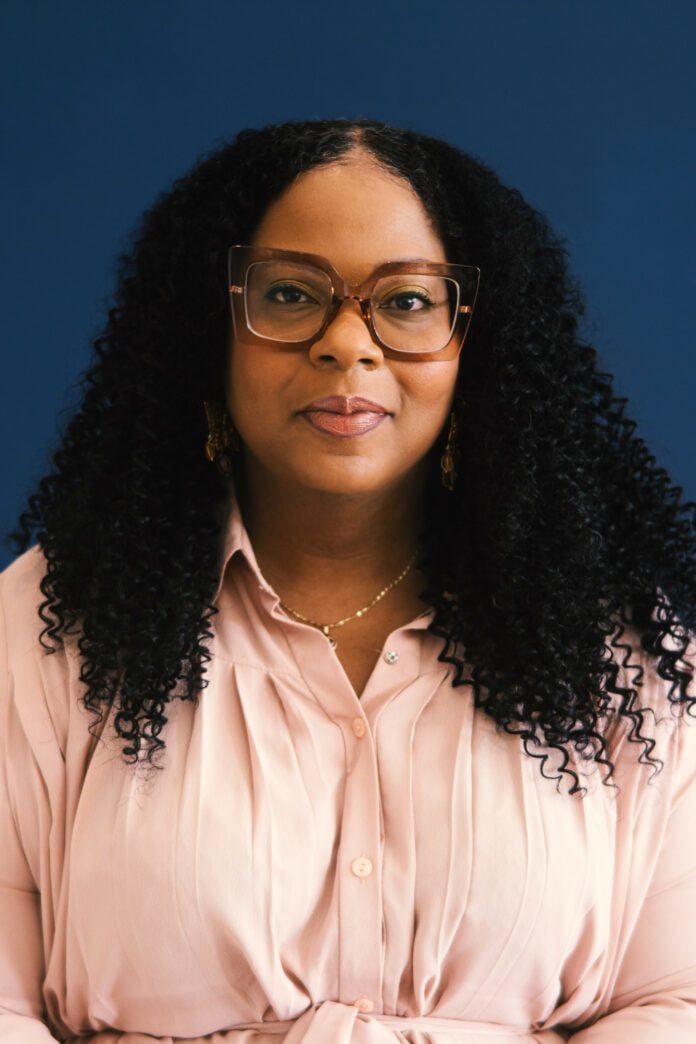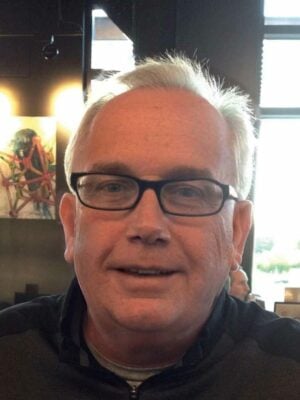By STACHE’ SMITH
Mother’s Day is right around the corner, and while many are planning brunches, buying flowers and writing heartfelt cards, some feel a deep ache inside. It’s the kind of ache that can’t be fixed with a Hallmark card or a bouquet of roses. I’m talking about the Mother Wound—the unresolved pain, the silent grudges, the invisible scars that sit between mothers and their children. It’s time to talk about it.
Healing the mother wound is not about blame; it’s about understanding, compassion, and growth. It’s not just about what our mothers did or didn’t do—it’s about the bigger system that’s been pressuring Black women to be superheroes in a world that rarely gives them a break. We’re talking about patriarchy, systemic racism and the constant grind of just trying to survive.
What is the Mother Wound?
The mother wound is that gap between what you needed from your mom and what you got. It’s about the disconnect, the unspoken pain, the resentment that sits just under the surface. It’s also about generational trauma—what gets passed down from our mothers and their mothers before them. In Black communities, this wound can be extra deep, given the weight of systemic racism, the pressures of patriarchy, and the history of struggle we’ve had to face. It’s not just personal; it’s cultural.
Recognizing the impact
The mother wound can have profound effects on an individual’s self-esteem, relationships, and overall mental health. It can also lead to patterns of behavior that are repeated across generations. In the Black community, where resilience and strength are often valued, acknowledging and addressing this wound can be challenging. There’s a fear that discussing these issues might be seen as a betrayal of the family or the community’s strength.
Unpacking the pain
So how do we start healing? First, we must acknowledge that this pain exists. It’s okay to admit that you have a mother wound. It doesn’t make you a bad person, and it doesn’t make your mom a villain. It’s just the truth. And once we acknowledge it, we can start to unpack it.
The path to healing
Therapy and counseling are crucial. And not just any therapy—it’s got to be culturally competent. We need professionals who understand the unique struggles of Black families, who get that this is more than just family drama—it’s generational trauma. Support groups are also necessary safe spaces. Community healing is so powerful. There’s something so impactful about sitting in a room with people who just get it, who’ve been through the same or similar struggles. Oh, and let’s not forget about the power of journaling. Then there’s compassion. We need to find compassion for our mothers and ourselves.
It’s our birthright to heal
Healing the mother wound isn’t just a personal journey—it’s a community effort. As Black people, we’ve been through so much. Our history is filled with pain, but it’s also filled with resilience. Healing is our birthright. It’s not something we have to earn—it’s something we deserve, just because we’re here.
A call to action
As Mother’s Day approaches, let’s make it a time of healing. Let’s start those tough conversations. Talk to your mom if you can. If you can’t, talk to someone who understands. Join a support group. Find a therapist who gets you. And if you’re a mother, look at how you can break the cycle for your children. Because healing isn’t just about us—it’s about the next generation.
We all deserve to heal. It’s our birthright. So, let’s start talking, start sharing, and start building a future where the mother wound doesn’t get passed down like some twisted family heirloom. We’ve got the power to change the narrative, but it starts with facing the truth, no matter how uncomfortable it might be.
Mother’s Day can be complicated, but it can also be a catalyst for change. Let’s make it about healing, about compassion, and about breaking the cycles that have kept us silent for too long. We owe it to ourselves and the generations to come.
To start your healing journey, pick up a copy of my journal book Dear Mama: Healing The Mother Wound on Amazon. Our Summer Cohort #2 will begin July 2024.
To contact Stache’ Smith, email her at cr8tivejuicenetwork@gmail.com.




